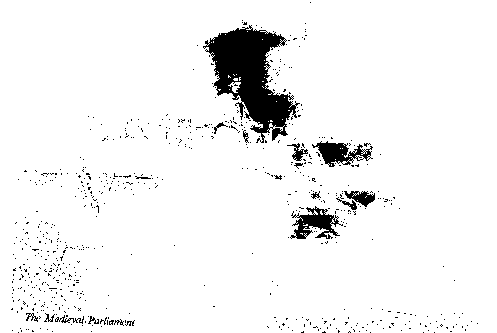
22
Social relations in the country were undergoing changes in the 13th century. Enforced labour services by
villeins were giving way to
wage labour, and villeins commuted their labor-dues by paying money to the lord
instead. Then the pattern changed: the lords again required labor services. But a lot of villeins were freed, and
some of the freed were able, energetic or lucky enough to buy land and prosper as Yomen.
The 13th century was a period of substantial economic activity. Wheat was shipped overseas, but the
country's wealth was coming from the exports of wool. Later on, when the wool began to be made into cloth in
England, rather than exported as raw material, it stimulated the growth of industry. In the 13th and 14th
centuries England was far behind Flanders in the production of cloth but there was enough development.
Questions:
1. What were the peculiar traits of the Norman Rule in England?
2. What was the meaning of the term "feudalism" in relation to Norman England?
3. Why was the Domesday book written?
4. What were the political, social, economic and cultural consequences of the Norman
Conquest?
5. When was the first conflict of the King with Church?
6. What do you know about the relations in the family of Henry II?
7. What was the first attempt to limit the power of the King? When was it and why?
8. When did the British Parliament appear and how did it develop in the Middle Ages?
9. What were economic and social relations in the early Middle Ages in England?

